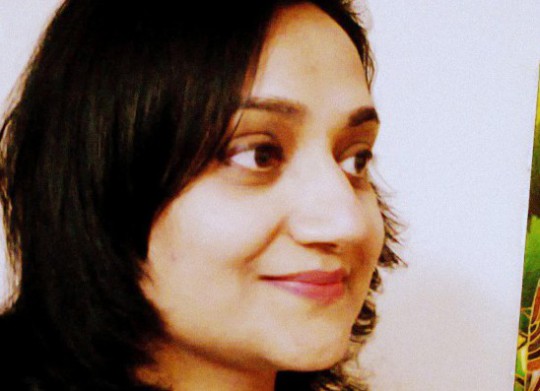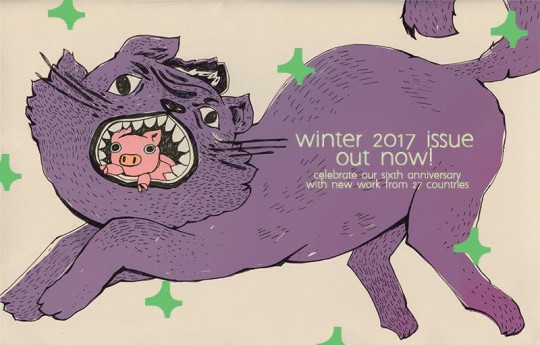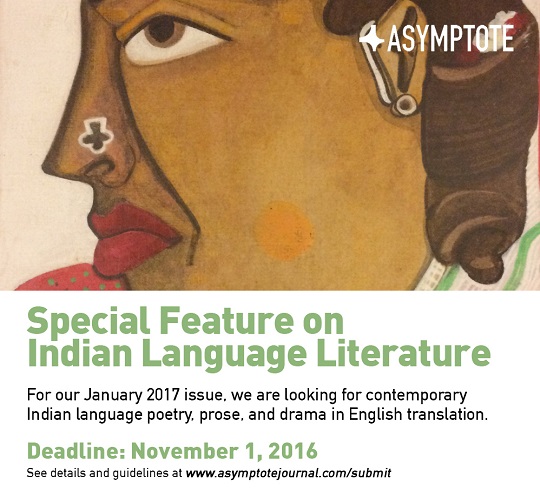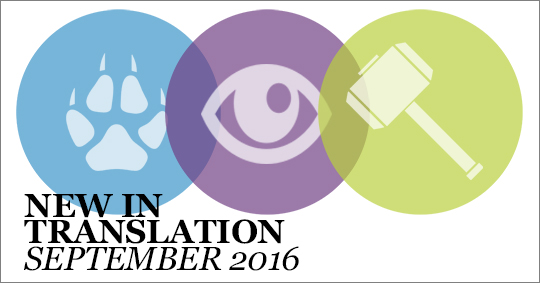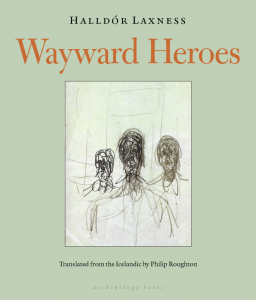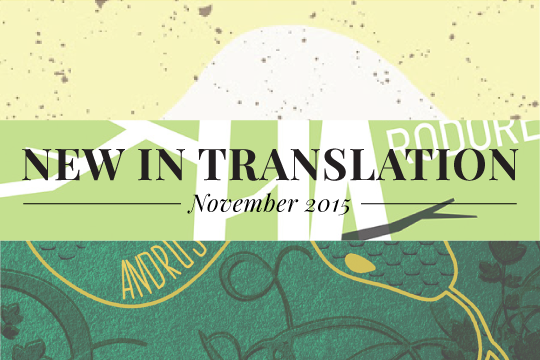Anita Gopalan, a Bangalore-based translator, received the 2016 PEN/Heim Translation Fund Grant for her translation of the Hindi novella Simsim by Geet Chaturvedi. Despite India producing a wealth of literature, Gopalan is only the second Indian to have received this grant. Over email, Poorna Swami asked Gopalan about Hindi literature and translating Chaturvedi.
Poorna Swami (PS): So you have a rather unconventional literary background, and even worked for many years in the banking sector. How did you find your way into translation? What do you enjoy most about it?
Anita Gopalan (AG): Although I don’t have a conventional literary background, I am striking out on a new path that is only natural to me. You see, when I was young I wanted to become a writer. Our house in Pilani was filled with books and I had access to all kinds of texts. At age eleven, I started on unabridged Dickens, by thirteen, it was Bonjour Tristesse and Lady Chatterley’s Lover, and I had already written a whole book of poems (in Hindi, English, and Marwari). I read my poetry out loud to all our house maids and they were the ones who lovingly listened to it. But something happened that even I can’t fathom—my last poem was about suicide, and that was that. I did not become a writer. Rather, I thrived doing math—Hilbert spaces, isomorphisms—and moved on to banking technology and had a wonderful career in that field.
Years later, I had to cut down on my hectic work schedule due to a health condition and suddenly there was a vacuum. “To believe you are magnificent. And gradually to discover that you are not magnificent. Enough labor for one human life,” Czesław Miłosz said, and that fit my condition perfectly. I again turned to writing, and Facebook became the medium for me to post my writings and music. Here, I became acquainted with the wonderful writer Geet Chaturvedi. Interestingly, his first work that I read was not poetry or fiction—the genres he is famous for—but a short essay on music. His splendid poetic prose and sharp insights were evident even in that post. I fell in love with his writings. It was his poems that enchanted me most. A couple of years ago, he suddenly asked me to translate them. I was taken aback. I hadn’t translated anything before, but at the same time I was thrilled.

